
Latin America: Week in Review
Argentina To Press Falkland Islands Claim At Rio Group Meeting And United Nations
February 19, 2010 By Staff
Today in Latin America
Top Story — The Argentine and British governments have become embroiled in a diplomatic dispute over access to the Falkland Islands that may play a significant role at the meeting of the Rio Group in Cancún, which begins on Sunday.
The Fernández de Kirchner administration disputes the British government’s claims to offshore oil and early this week held a British ship traveling from Argentina to the Falklands, saying the boat was carrying material destined for oil exploration. The Argentine government now requires ships traveling between Argentina and the Falklands to request a permit, a measure the British government protests.
The Fernández de Kirchner administration will press its claim and try to shore up support at the meeting of the Rio Group this Sunday in Cancún, as well as at the United Nations.
Britain conquered the Falkland Islands in 1833 and has controlled them since. The Argentine government attempted to dislodge the British militarily in 1982, but failed.
Military defeat notwithstanding, Argentina’s claim to the islands remains popular and Argentines commonly view the British control of the Falklands as an affort to their sovereignty and a legacy of nineteenth-century British imperialism. Argentines refer to the islands as the “Islas Malvinas.”
The British government is maintaining but not increasing patrols around the Falkland Islands. British Prime Minister Gordon Brown said the Royal Navy would protect the country’s commercial vessels.
Headlines from the Western Hemisphere
North America
- Alleged “Narco Junior” Vicente Zambada was extradited from Mexico to the United States on charges of drug trafficking.
- Up to 200,000 people have fled Ciudad Juárez, Mexico in the last 18 months due to violence associated with the country’s drug cartels.
- Mexican courts exonerated a man accused of killing an American journalist in 2006 after declaring there was no evidence against him.
Caribbean
- Heavy rains in Port-au-Prince highlighted the need to prepare for the coming rainy season, which Haitian Prime Minister Jean Bellrive says could cause more deaths and political instability.
- The wife of the U.S. contractor Alan Gross, who was detained in Cuba last December, has called on U.S. officials to pressure for his release during migration talks this week. The Cuban government accuses Gross of distributing laptops to political dissidents.
Central America
- Guatemalan President Álvaro Colom said after a meeting with U.N. Secretary-General Ban Ki-moon that he would extradite former Guatemalan President Alfonso Portillo if U.S. courts order him to be sent on trial for money laundering charges.
- Honduras will not be invited to the the Rio Summit of Unity of Latin America and the Caribbean next week in Cancun, Mexico due to the fact that Honduras has yet to be reinstated as a member of the Organization of American States (OAS).
- Japan gave Costa Rica approximately $9 million to help spur the Central American country’s solar power plan.
Andes
- Thousands protested in Colombia against emergency reforms decreed by the Uribe administration to cut public health care costs. The government has said it will not revoke the decrees.
- A Colombian woman, who was assumed dead, moved her arm moments before an undertaker was about to embalm her.
- Due to the effects of the drought in the country, the Venezuelan government said Thursday it will increase water rates by more than three times the normal amount to anyone who uses too much water.
- A strike at three units of the Peruvian miner Buenaventura is likely to end Monday as Peru’s tax agency Sunat reviews its tax law compliance. Buenaventura expects that outcome will favor the company.
- Ecuador could start exporting electricty to Venezuela and Colombia, according the country’s Minister of Electricity and Renewable Energy.
Southern Cone
- Royal Dutch Shell and Brazil’s Cosan agreed on Sunday to merge, forming the country’s largest ethanol enterprise.
- Chile’s National Commission on Political Imprisonment and Torture, also known as the Valech Comission, will begin taking new cases.
- Playboy is looking to expand in Brazil, focusing on opening new clubs.
- The Madres de la Plaza de Mayo, an Argentine organization that formed to protest killing of their children by the last military dictatorship, wrote an open letter to U.S. President Barack Obama asking him to return the Nobel Peace Prize. (Spanish only)
- Uruguayan President-elect José Mujica’s administration will not recognize the Porfirio Lobos administration in Honduras until “new elements appear that guarantee democratic openness and security,” the incoming foreign minister said yesterday.
Image: gregwake @ Flickr.
Subscribe to Today in Latin America by Email
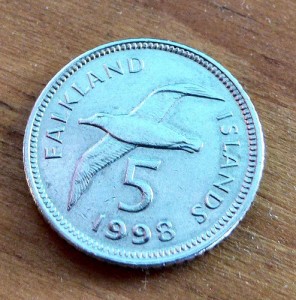

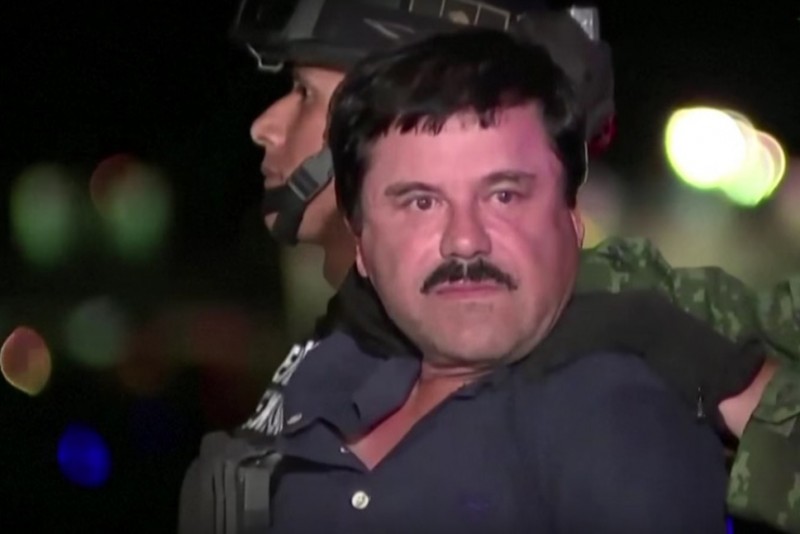
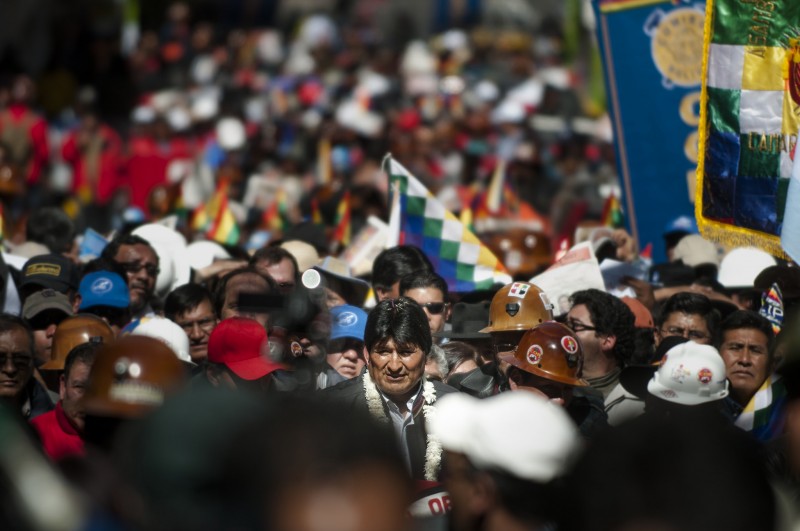
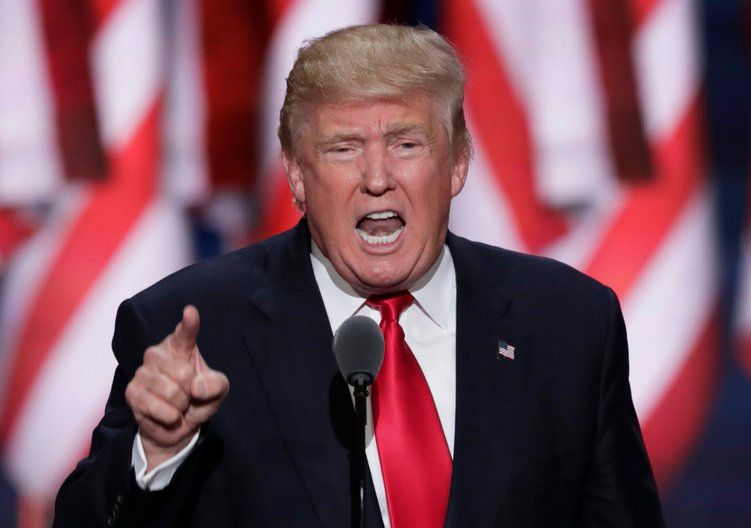
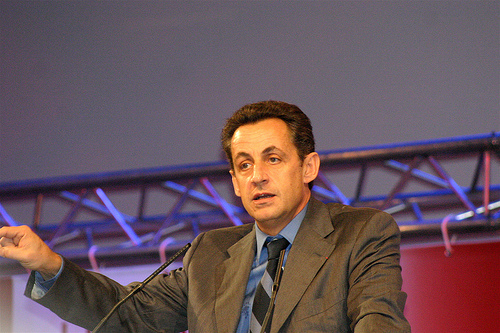
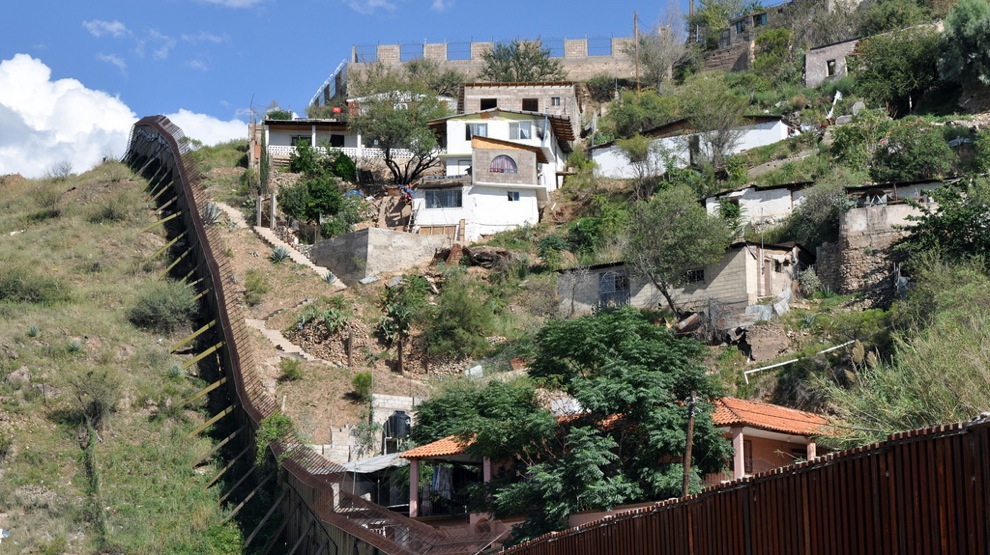
2 Comments
[…] Clinton urged Argentina and Britain to resolve their dispute over the Falkland Islands at a press conference in […]
[…] The United Kingdom rejected an offer by the U.S. to mediate its conflict with Argentina over the Falkland Islands. […]
Comments are closed.